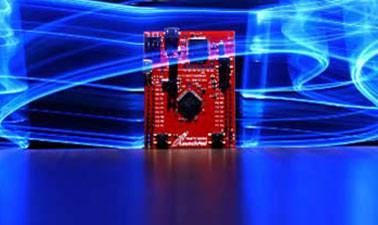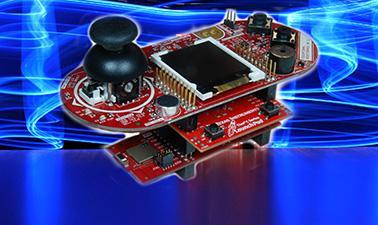Ramesh Yerraballi
Ramesh Yerraballi is a Senior Lecturer in the Department of Electrical and Computer Engineering at The University of Texas at Austin.
He received his Bachelors degree in Computer Science and Engineering from Osmania University, India, in 1991 and his PhD degree in Computer Science from Old Dominion University, Virginia, in 1996.
Dr. Yerraballi was on the faculty of the CS department at Midwestern State University in Wichita Falls, TX from 1996 to 1998 and with the CSE department at the University of Texas at Arlington from 1999 to 2007.
Dr. Yerraballi's teaching interests and experience span a broad swath of the Computing curriculum from, Theory of Computing, Algorithms and Data Structures, Introductory, Object-Oriented and Systems Programming, Operating Systems, Real-Time Systems, Distributed Systems, Computer Architecture and Performance Analysis of Computer Systems. He has taught at both the undergraduate and graduate levels and particularly enjoys teaching at the undergraduate level.
More info: http://www.ece.utexas.edu/people/faculty/ramesh-yerraballi



